-contributor-

Stephen C. Perks
Stephen is the Director of the Kuyper Foundation. He is the Editor of Christianity & Society, the Foundation’s journal, and has contributed articles on a variety of topics to journals in Britain, Europe and the USA. He has lectured on a variety of issues, including theology and Christian world-view, economics, politics, education, legal history and music, at conferences in Britain, Europe, the USA, Australia, New Zealand and Africa and has been regularly invited to contribute to local radio programmes dealing with various contemporary ethical issues.
Articles from stephen c. perks
There is an aphorism that says “Nature abhors a vacuum.” The unpalatable truth is that the vacuum left by the Christian Church’s abandonment of her calling to be salt and light to the nations is being filled increasingly by the values of a worldview that is in many respects similar to that of pagan Rome, and it is this worldview that is shaping our modern world.
Misuse of words and terms can be a great snare. The Reformers did not reform any Church. If they had done so there would exist today a Reformed Roman Catholic Church. No such Church exists. Rather they left the Roman Church, or were thrown out of it, and they then started again.
Jesus never told us to plant churches. He said he will build his church. He told us to seek the kingdom of God and his righteousness (i.e. justice, not piety) and the Great Commission he gave us is a command to disciple nations, not plant churches. Churches are a consequence of the Great Commission not its goal.
The degree to which one accepts the whole idea of sacraments is the degree to which one fails to understand biblical covenantal theology and adopts a magical instead of a covenantal understanding of the Christian faith.
The spectre of animism, still hangs over the Church’s anthropology, and this is ultimately fatal to the further progress of the Great Commission.
It is this shift in the philosophy or world-view of society, especially among the shapers of culture, such as intellectuals, scientists and artists, that accounts for the bizarre nature of much modern art. This shift of world-view was really a shift in religious belief, though many would not use the term religion to describe the new world-view. Nevertheless, this is a new belief system that has shaped society’s understanding of life, and society’s understanding of meaning and purpose in life.
Many people today, and I believe many Christians in particular, are often oblivious to the real nature of chivalry and the problems it posses from a Christian perspective and have a mistaken idea of the real conditions prevailing in the age chivalry and beyond, even defending feudalism at times as a Christian form of social order.
Fascism is a form of socialism. It is not capitalism. The idea that fascism is capitalism was a part of the terminological warfare waged by communists in the early twentieth century. According to Ludwig von Mises the conflation of these terms originated in communist propaganda.
The believer is certainly not called to see and accept the sinful world into which he has been placed by God as a fixed state without the possibility of amelioration, and neither this nor the idea of caste, which it logically implies, have any foundation in the Bible.
The chief and greatest error of the Christian Church throughout the two thousand years of her history has been to have had the wrong priority and to have made this erroneous priority the touchstone of orthodoxy. This error has existed in all branches and denominations; it continues to this day and the Church world-wide shows little if any sign that she understands the problem let alone that she is prepared to repent of the idolatry that is at the heart of it. Yet the results of this error have been catastrophic for the mission of the Church.
“The Church faces this same question again today, and in a way that she has not had to face it since the days of the Roman emperors. Who is Lord: Christ or Caesar? Christ or the modern secular State? There was, and is, no third option, no “third way.” This was, and still is, a political issue. Jesus Christ was victorious in his struggle with the Roman State. He will be victorious in his struggle with the modern secular State. The only question that remains is this: on whose side will you stand? Whom are you for? Whom will you obey? The Lord Jesus Christ or the modern idolatrous secular State?”
The clergy is one of the last remaining mediaeval guilds in Western society, and it is a serious cancer on the body of Christ. It is negative and destructive, and if you doubt this what more proof could you need than the state of the Church today, which in the main is controlled by clergy guilds, which restrict access to ministry to guild members and therefore impede the work of the kingdom, since God does not accept this guild membership game and does not play by its rules, and never has.
But you may ask, how is it that the values of our godless society dominate Church life if the prevailing spirituality is dualistic, since Gnostic dualism is hardly the religion of modern secularism? Because this dualism removes most of what it means to be Christian from the realm of daily life and relocates it to the spiritual realm. But everyone has to live in the real world, even pietistic dualists. And so, without a Christian perspective to guide their thoughts and lives in the real day to day world, since the faith is not seen as being relevant to it, Christians unwittingly imbibe the values of the world around them as a means of dealing with every day life.
Today Christianity is on the very periphery of learning in our culture. More problematically though, learning is on the very periphery of Christianity. The idea that the Holy Spirit works through the renewing of the mind, which is what the Bible teaches, has been replaced by the idea that the Holy Spirit works through the removal of the mind. The dedication of one’s mind to God in the service of his kingdom is looked upon today with suspicion in particular by evangelicals, for whom on the whole anti-intellectualism has become almost an article of faith.
Ask a Christian what the kingdom of God is. Ten to one you won’t get a proper answer, just a lot of pious waffle about kingdom values and kingdom principles at best, and more than likely a load of super-spiritual nonsense that is no more than thinly disguised dualism.






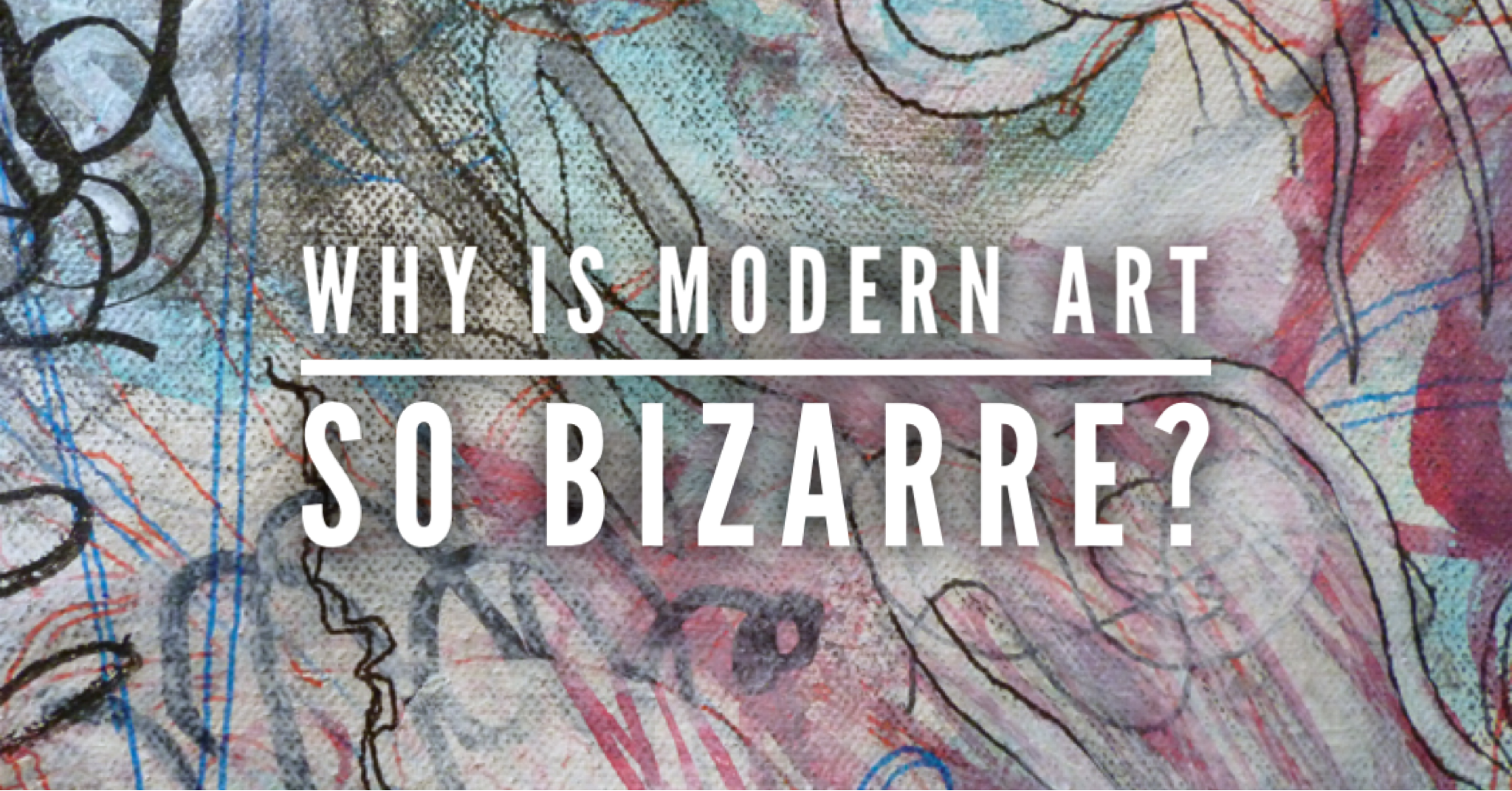
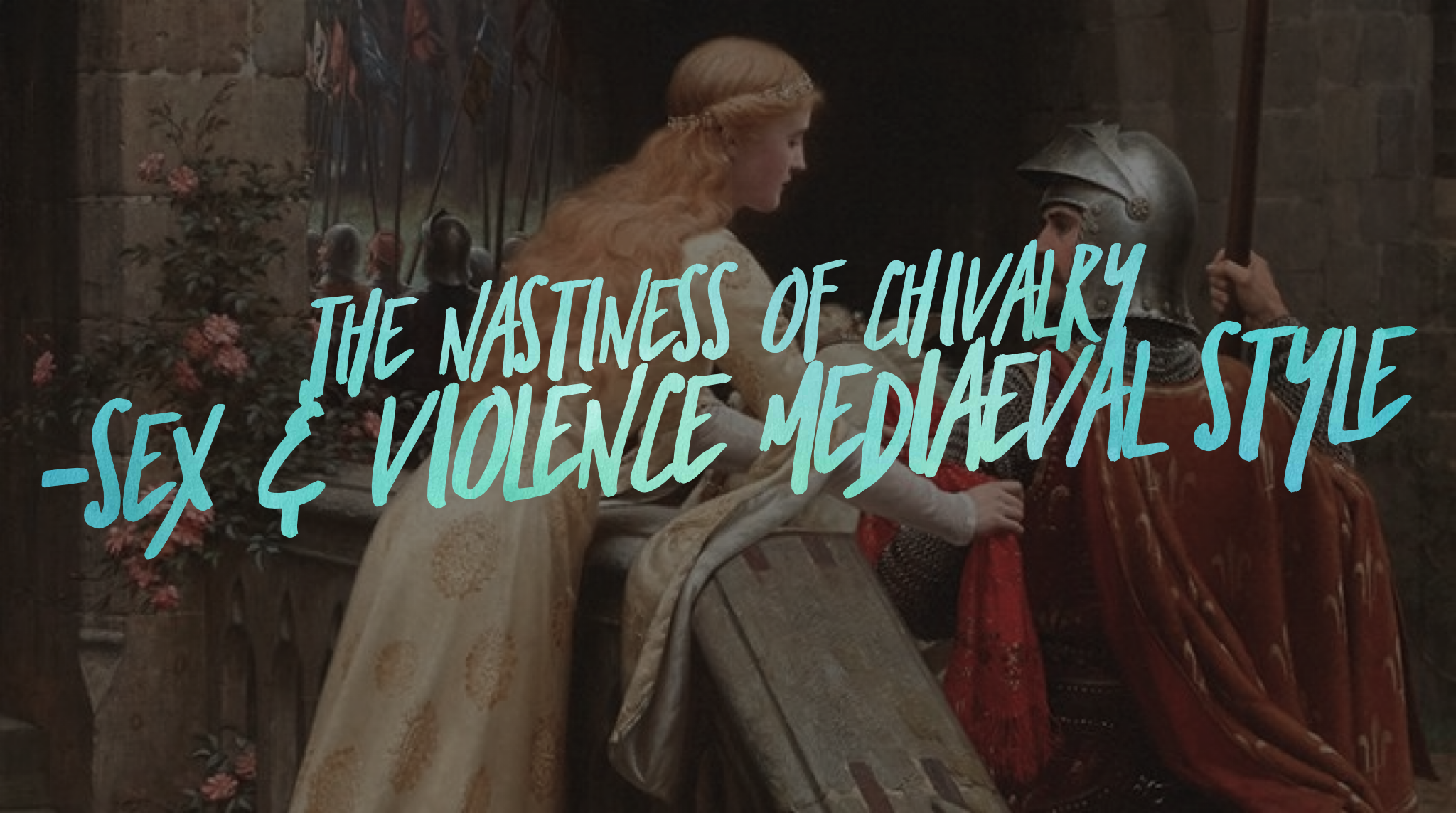

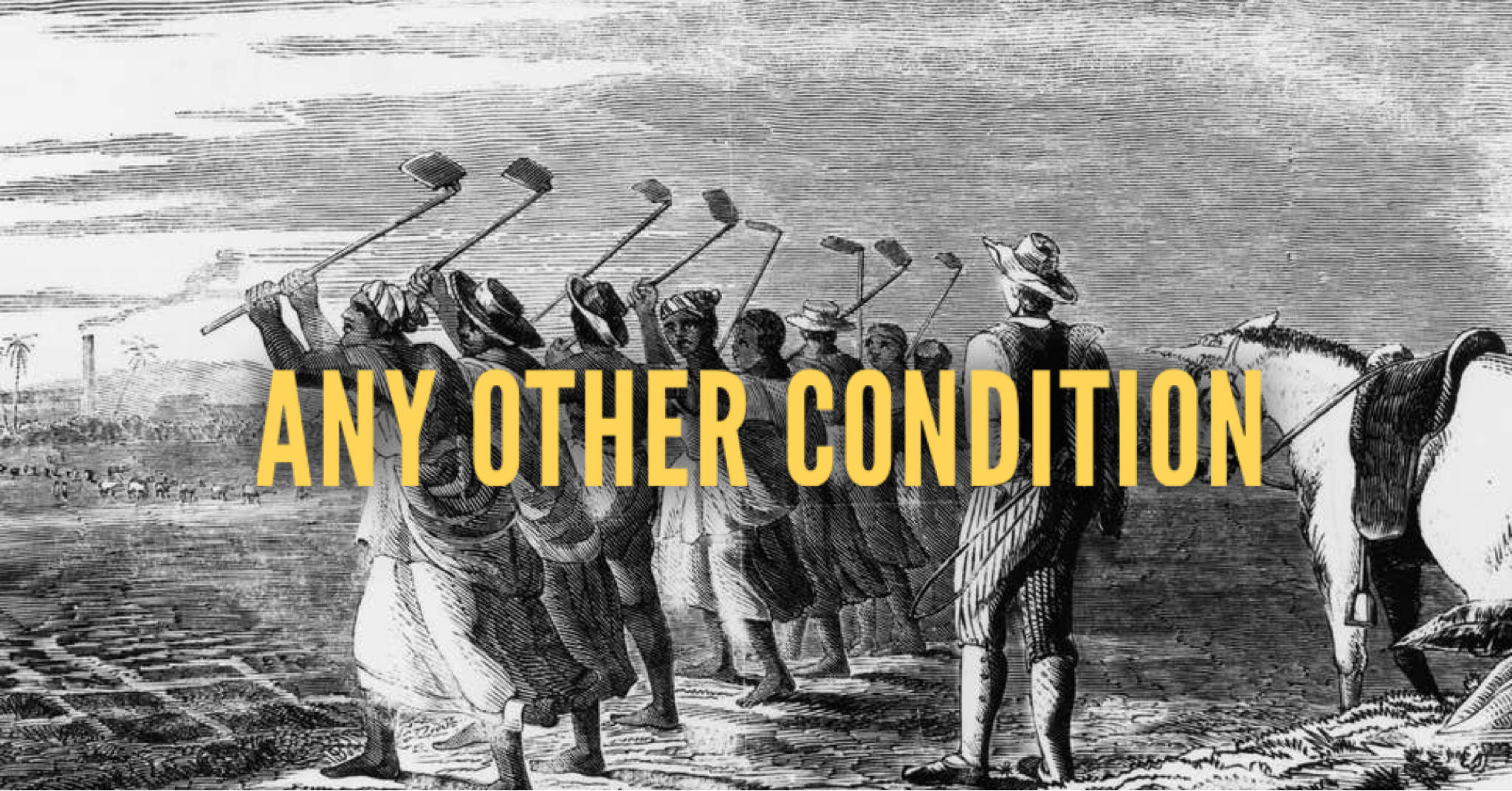
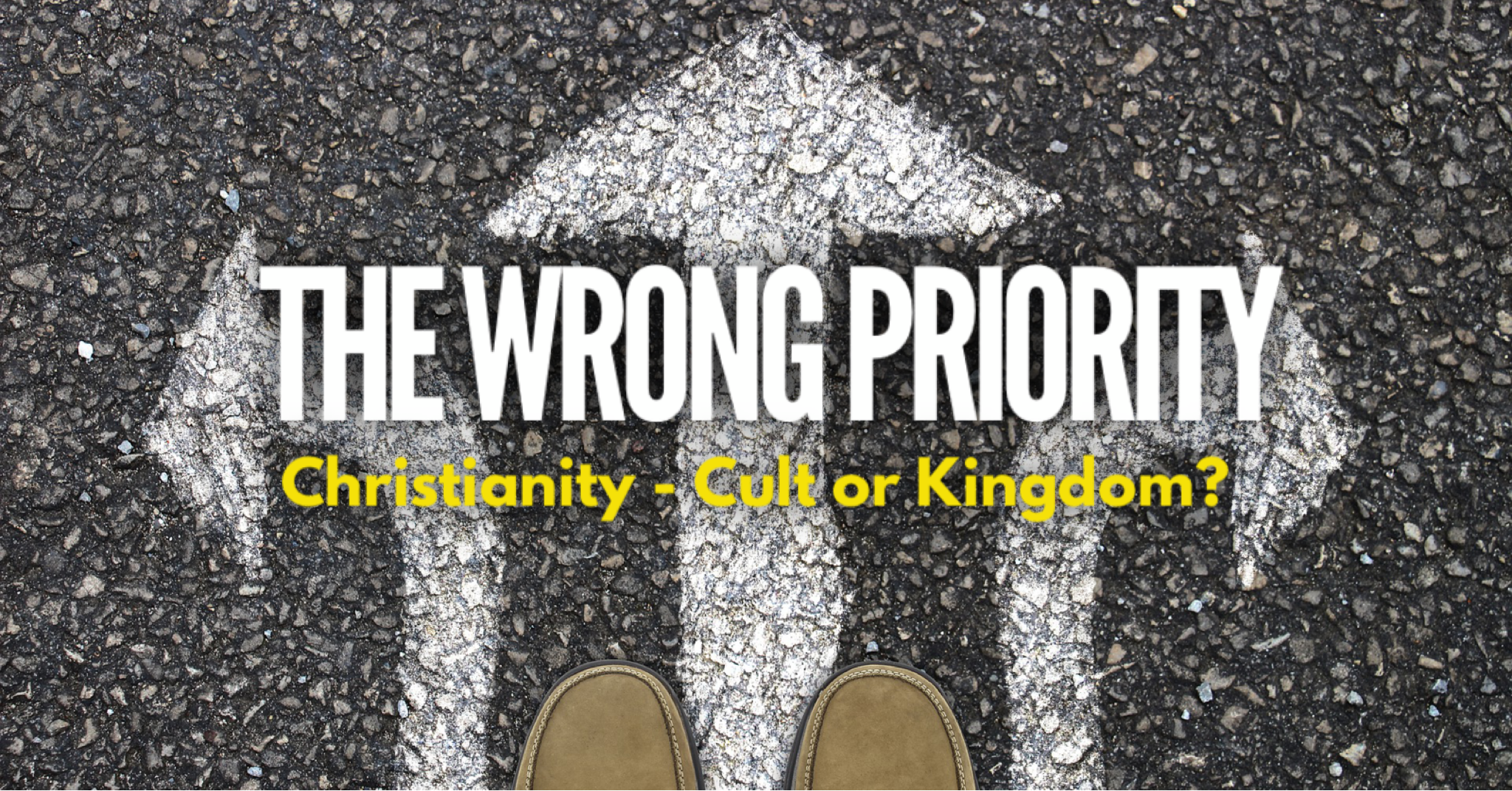
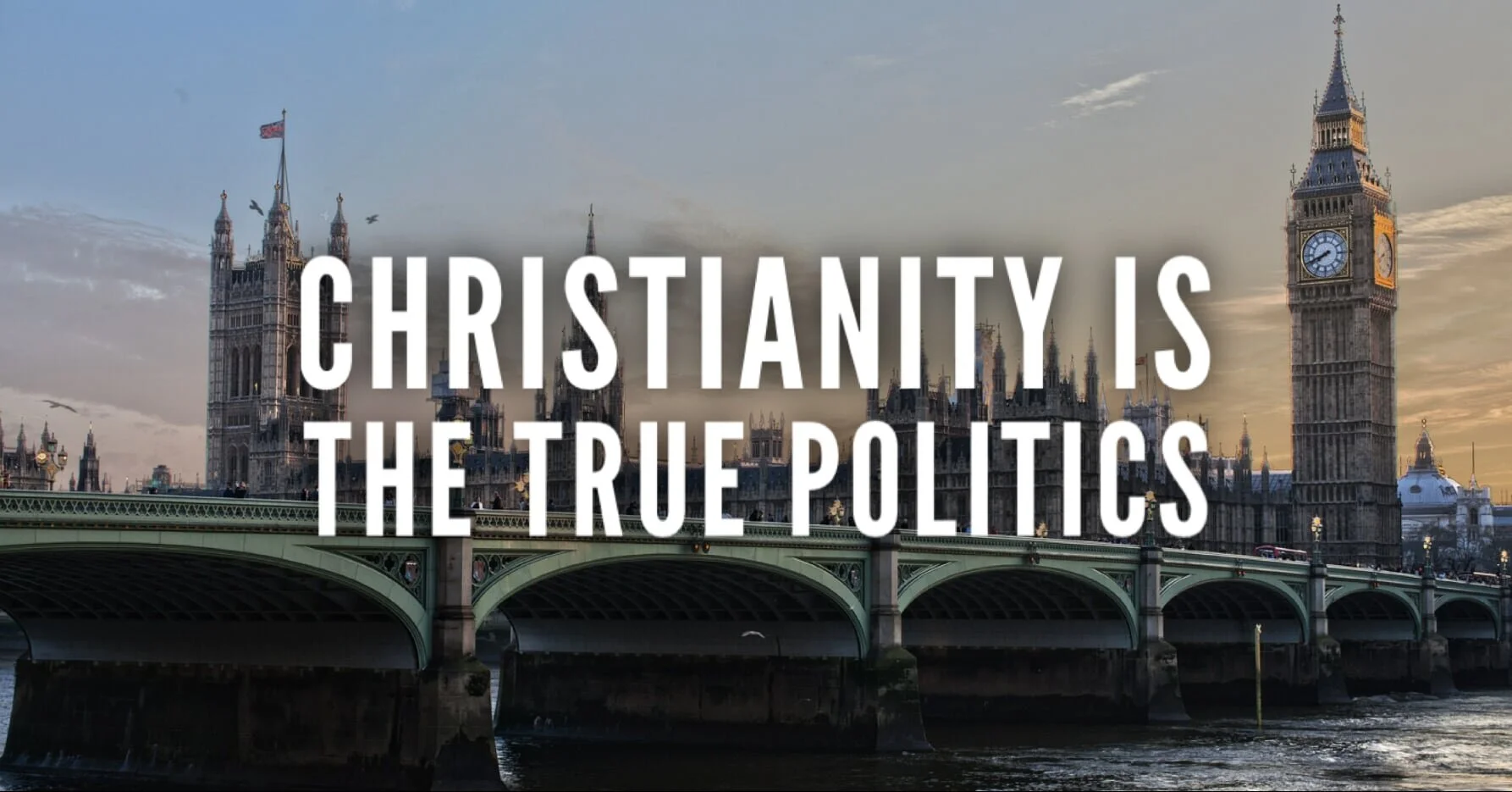
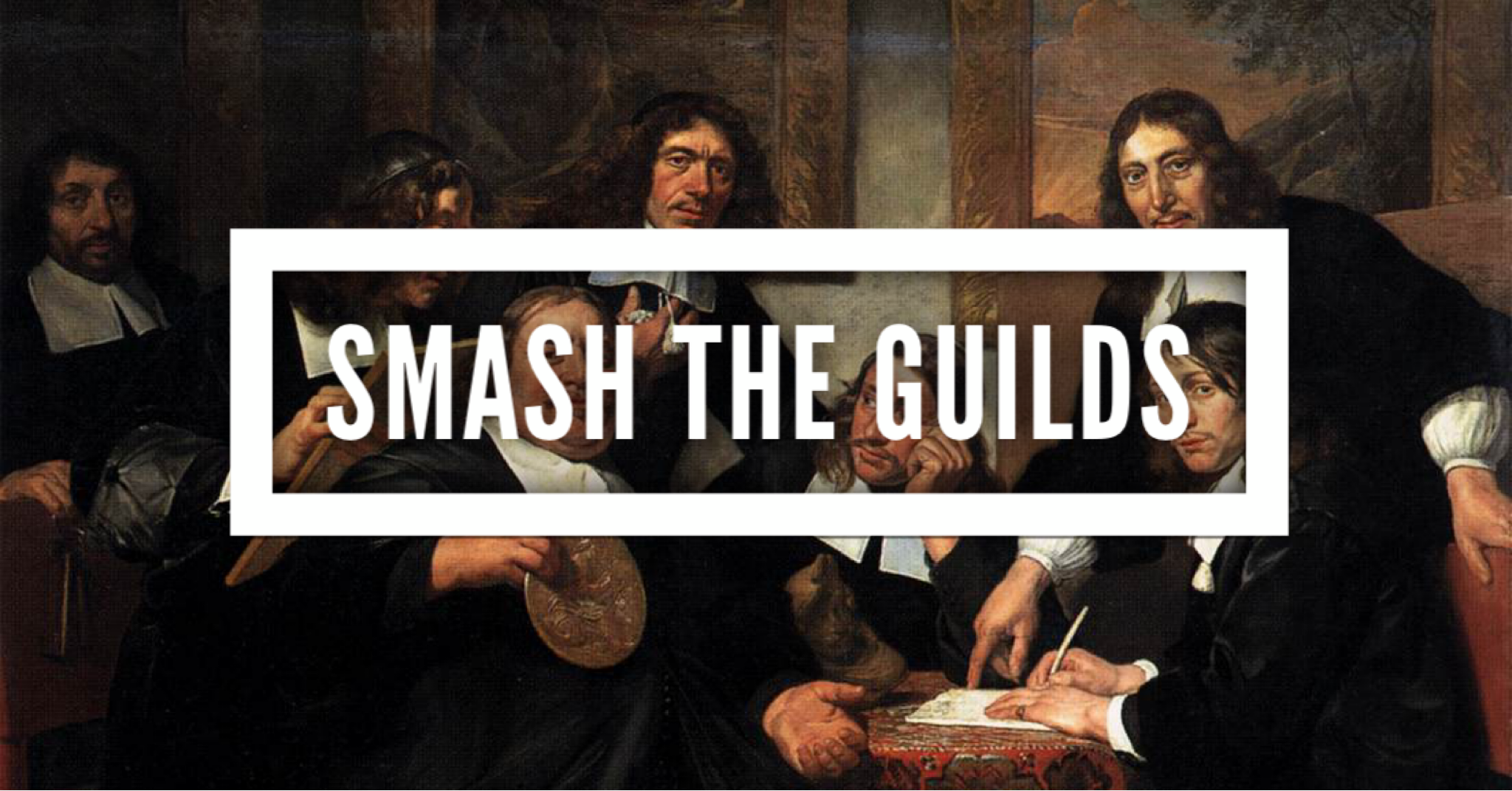



“Churches and their services have travelled a long way from their beginnings in the Bible, and they have picked up major elements from pagan worship that have transformed the life and witness of the body of Christ on earth and indeed seriously compromised the calling of the body of Christ and compromised the way we are meant to go about fulfilling that calling.”